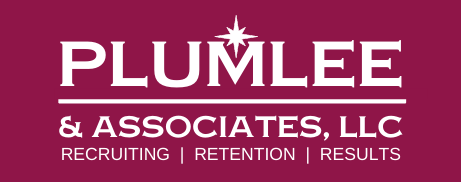Hiring the mid-career employees requires special effort; attracting the right talent means taking extra steps to find the right fit for your unique organization. Mid-career professionals are seasoned in their industry, typically having at least 10 to 20 years of professional experience. These individuals are highly sought by companies looking for skilled executives.
Mid-career leaders bring well-honed soft skills, a proven track-record, and high internal motivation into their roles, which all ultimately combine to benefit the company’s bottom line. Most of these individuals are highly experienced industry professionals and typically require less management than younger employees. Additionally, these proven managers typically adjust more quickly to cultural norms in a new environment; this accelerates a smooth transition into their new role.
Here are three factors to consider in this particular candidate demographic:
#1: Understand Today’s Dynamic Job Market
It’s important to consider the current labor market. With continued low unemployment rates, companies compete more intensely to attract top talent. Mid-career job seekers benefit significantly during these tight markets, as many employers prefer hiring individuals with experience rather than those who need to be trained. Companies often need to go beyond standard HR recruitment procedures to delivery top-talent for their organization.
#2: Conduct Effective Interviews
An important part of any hiring process is each and every interview. Interviews are challenging for companies and candidates. The time requirement for a thorough interview process, as well as simply synchronizing all stakeholder calendars. For this reason, it is important to deliver well-informed, top candidates for a given position. Employers must be familiar with all requirements of the opening and any potential skills that might improve it. With this in mind, an employer must review a candidate’s complete job history, noting any areas that need clarification or additional information. Seeing the experience that mid-career candidates hold, companies can make smarter, more informed decisions about qualities that may impact job performance.
Each interview provides insight into both the strengths and development areas of each candidate. Rather than asking a candidate to list any weaknesses, create questions based on real-life problems the position entails and ask him/her to walk through a solution for it.
An interview allows employers to look for promotion potential and overall competency alignment. In parallel, it is essential to examine how a potential hire works within a team. The interview is also an opportunity to assess if the potential new hire fits within the broader company culture.
#3: Use Executive Recruiting Firms Appropriately
Mid-career talent makes up most of the executive positions in large companies. For corporations looking to expand, replace or add new talent, working with an experienced and committed executive recruiting organization will save time and money over the long-term. The right recruiting firm understands the needs of specific positions and can help find candidates quickly. This not only expedites the hiring process, but also minimizes the potential risk of a bad fit. Their ability to tap into the passive candidate market is substantial; corporate recruiting teams typically lack the bandwidth to maintain these relationships that often take years to develop and mature properly.
If your company needs help finding the right mid-career talent, call us today to see how we can consult and identify viable options for your particular talent requirement.


